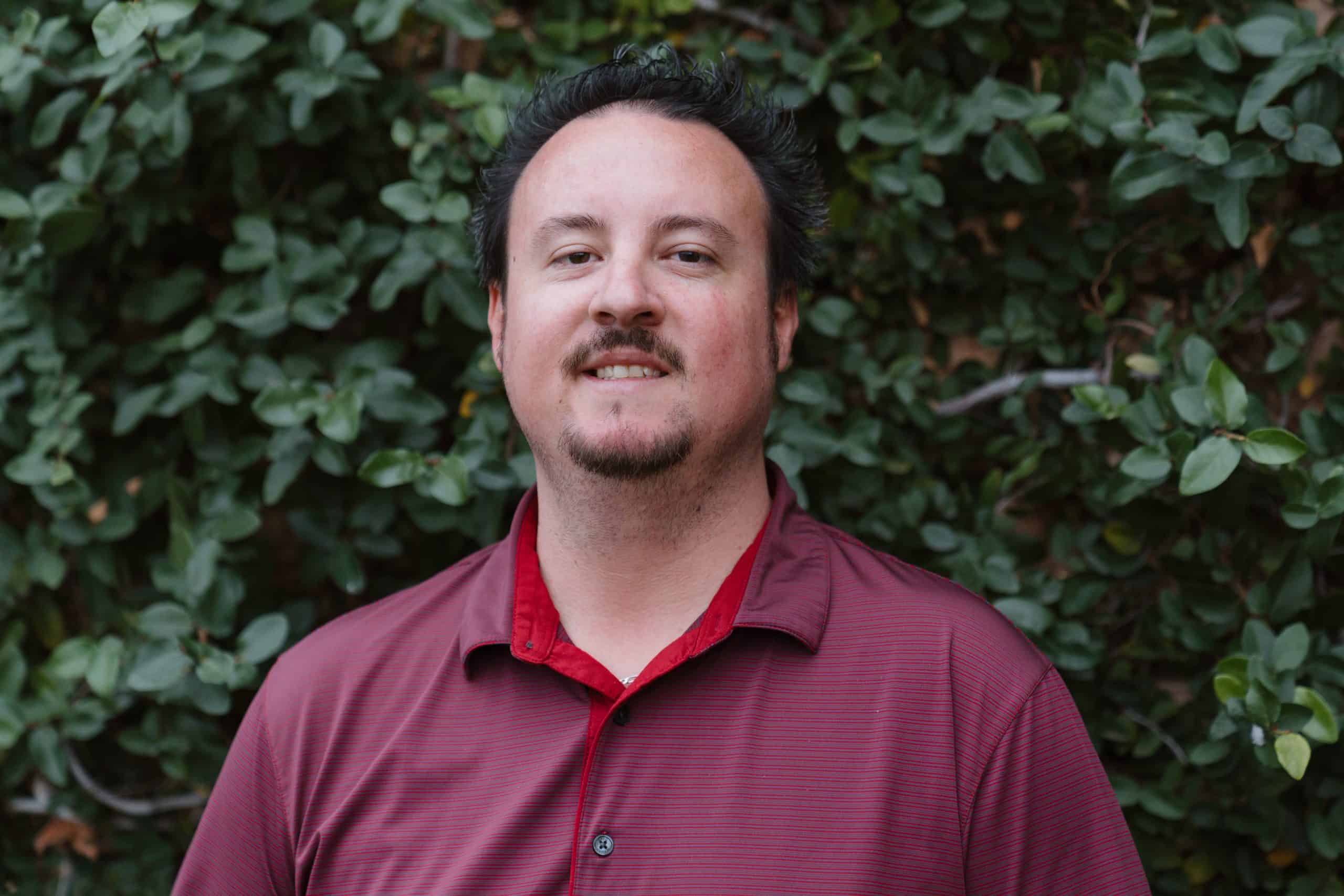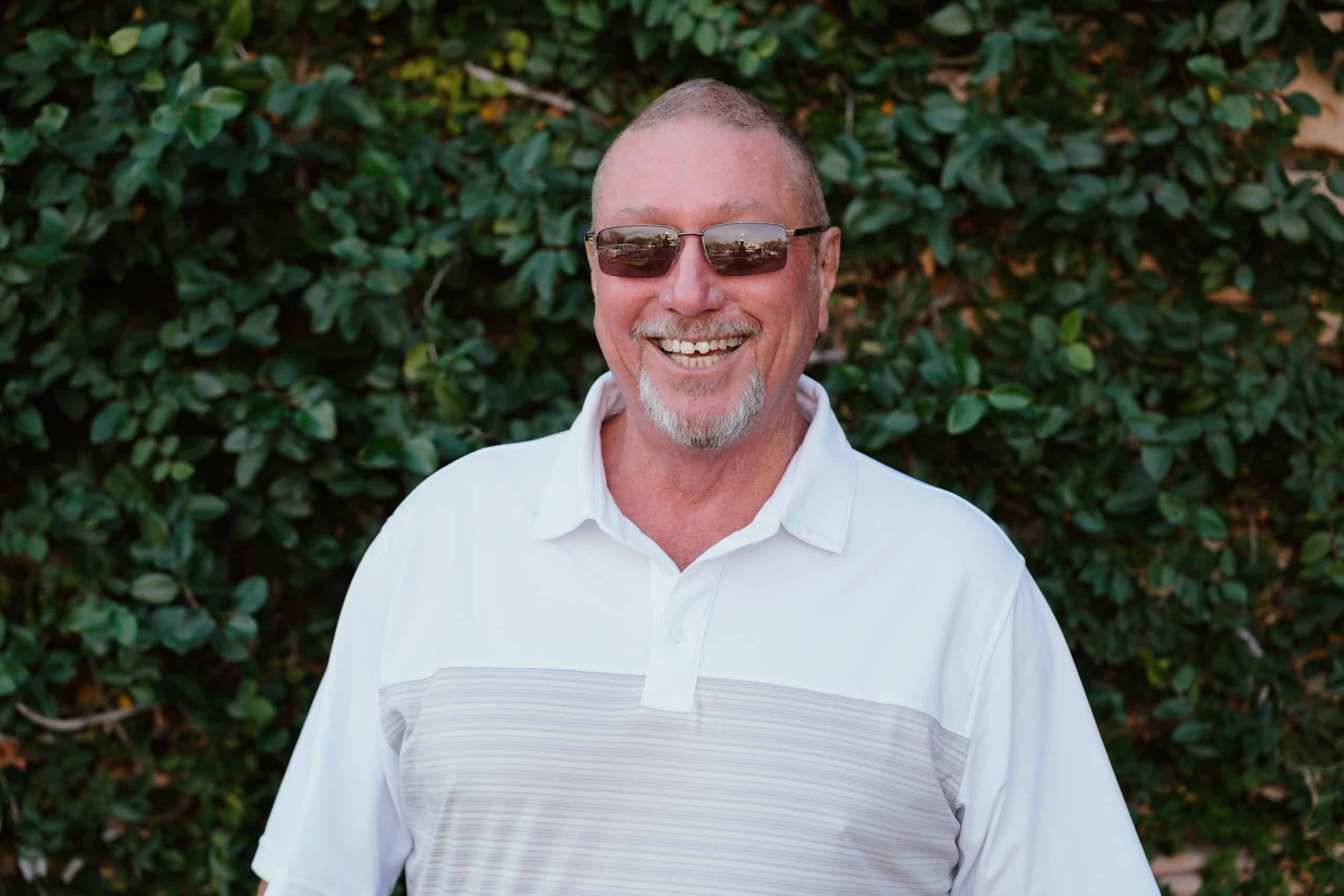Inpatient Rehab in Arizona
Many inpatient rehab centers offer a comfortable, supportive atmosphere geared towards recovery. Some centers, like Pinnacle Peak Recovery in Scottsdale, Arizona, even have a resort-like setting with luxury amenities, scenic views, access to fitness classes, and adventure opportunities. Your privacy and confidentiality are major priorities for the center. Getting treatment shouldn’t be something you are ashamed of, but many people prefer to keep their personal information private during their stay.
You may be wondering if you need to stay at a facility all day and night. For some, home life is a major trigger for their substance use or mental health condition. The constant exposure to people and places that remind you of your depression, substance use, and more can easily keep you from getting a solid footing in your recovery. This doesn’t mean you’ll be entirely cut off from your loved ones, however. Many centers allow visits to your family or time away from the rehab center after reaching certain treatment milestones.
Inpatient treatment is a chance for you to essentially hit the reset button. With the help of knowledgeable professionals and like-minded peers, you can begin the process of self-discovery and true healing.
Inpatient Treatment Means Turning Away From Excuses and Toward New Beginnings
“Sure, I’ll get help, but on my terms and I don’t need to stay anywhere.”
“I can’t afford some long stay somewhere.”
“My kid/spouse/parent/job needs me, so I don’t have time.
- Chaotic home life: Having an unstable home environment can sabotage your treatment. Time away can help you regroup and refocus your attention on living a better life.
- Abusive relationships: Sometimes the people around us can play a large role in our mental health, trauma, and substance use. Being in a space where you can step back from that allows you not only time to heal, but potentially space to plan a way out of that situation when needed.
- Not responding to lower levels of care: If you attempt outpatient or intensive outpatient programs but find it difficult to continue using your new skills once at home, rehab can give you the added support you need to find success.
- Severe drug or alcohol use: If you’re seeking recovery from substance use, treatment can help manage the taxing withdrawal symptoms. It can also be a fine place to start the process of positive change.
- Recently out of a detox program: For some, especially those dealing with alcohol or opioid use disorders, the medically managed detox is the first crucial step of care. Once the drug leaves your system, however, the real work begins. For example, alcohol rehab can help you discover the reasons alcohol took over your life and take steps to change these root causes.
- First-time in treatment: Once you decide to seek treatment, you will want every tool available to make it successful. Inpatient treatment provides you with the support you deserve to ensure you build a strong foundation for your long-term recovery.
- Change of scenery: Sometimes taking a break from a stressful life is enough to jump-start your desire to rejuvenate your life.
Together, you and an admissions counselor can discuss the available treatment options, empowering you to make the best choice for your needs.
Pinnacle Peak’s Approach to Inpatient Treatment
Programs like Pinnacle Peak Recovery offer a full continuum of care. Instead of moving progressively through multiple organizations, you can find the programs you need in one place. If you require placement in a lower level of treatment or after-care services, you can access them seamlessly without the hassle of switching facilities.
We are equipped with a care team that brings its expertise in the mental health and substance use fields to our patients with a multidimensional therapeutic approach toward healing and recovery.
Our commitment to your healthcare or your loved ones is one of compassion with a family feel while offering clinical excellence. Our top-rated rehab facility in Scottsdale and surrounding cities has programs to serve people with substance use disorders or behavioral health conditions. These programs are based on the mission that healing is possible by embracing a new design for living.



